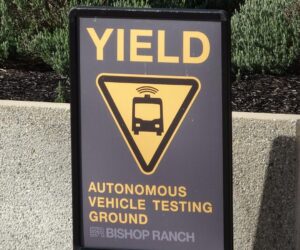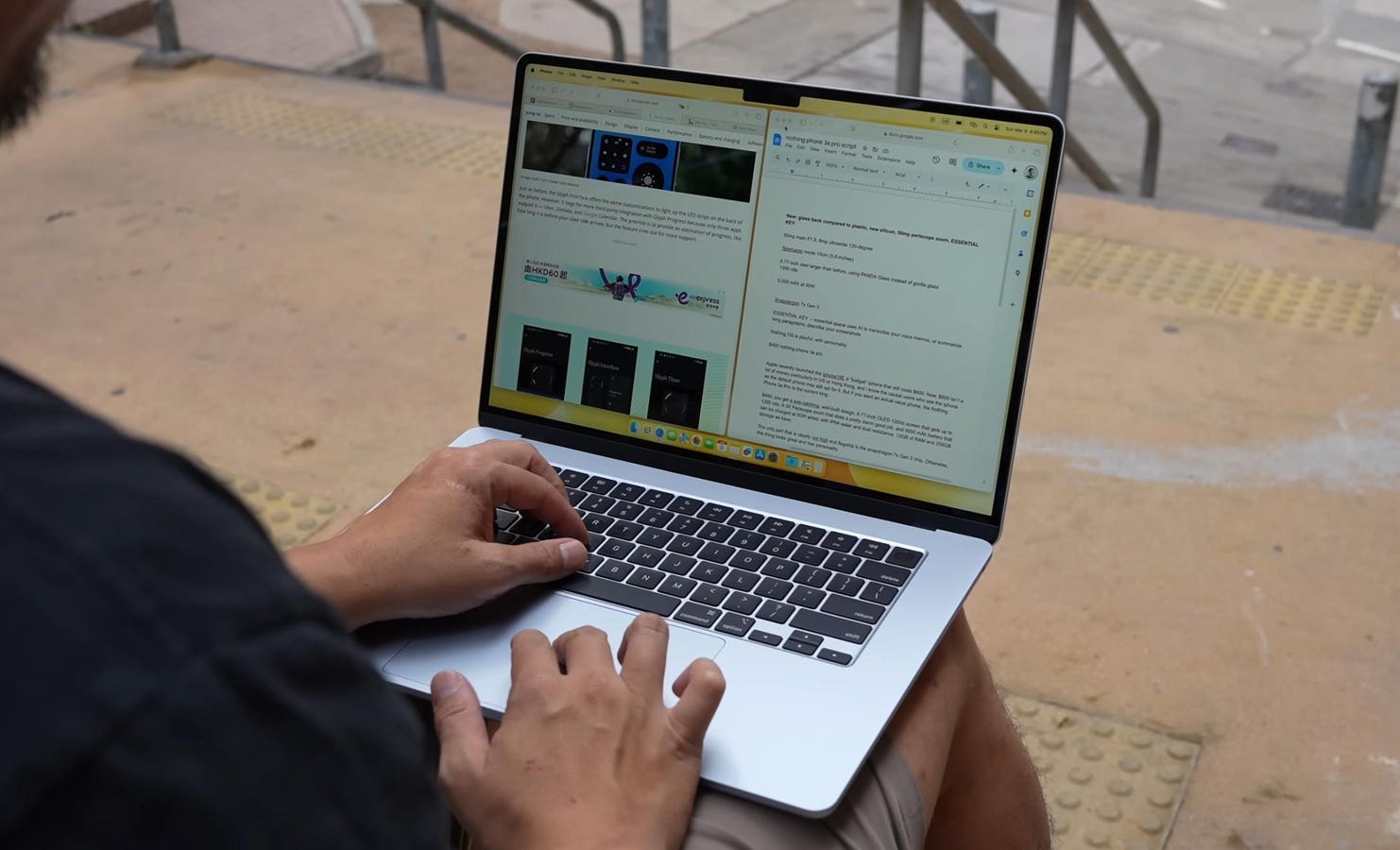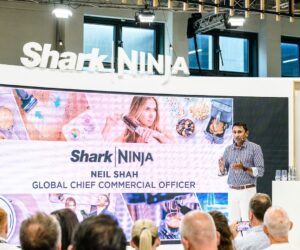Power soft skills, multi skills responsibility HR human resources concept. personal attribute … More
You don’t have to look too far to find a business solution (or a cluster of business solutions) powered by artificial intelligence.
But one area where the technology is extremely useful is in human resources.
Human resources, as an administrative department, is involved in managing people. But instead of people managing people, it turns out we can have smart tools doing a lot of that work.
Think about the process of talent recruitment. What does it mean to open a job candidate search, and find the right person for an open position?
AI is reinventing how companies do this in a big way.
How Is It Like Search?
To understand the ways that AI is reinventing talent recruitment, think about the fundamental process of search.
A while back, I wrote about how Sam Altman revealed to an interviewer that he himself uses AI for Internet search, instead of the traditional Google search engine.
And he’s not alone, either. There’s a reason why people are using AI models like ChatGPT when they want to find out something on the web.
Think about the vast difference between typing in keywords to get hyperlinks, and simply asking an intelligent entity a question. To wit:
Pick a question out of the hat. Suppose you want to find the best landscape architect in Phoenix, Arizona. The old way would be to type the following into the Google search bar: “best landscape architect Phoenix, Arizona,” and then scroll down through a list of results, reading each one and evaluating each one in sequence. All that while wondering if you have the right set of results in the first place.
The new way is to type in the entire question – in this case,“where can I find the best landscape architect in Phoenix, Arizona?” and reading a paragraph written by an LLM model.
It’s so many orders of magnitude quicker and easier, and in addition, you can imagine what realms of data the machine moved through, in an instant, where it would have taken you, as the user, days or weeks to do even part of the same kind of search.
Talent Search Logistics
A talent search for an open job role is very much like that, too. The task is to collect various candidates and resumes, sort through them, and figure out which one is best. In fact, it’s sort of like finding a landscape architect or any other professional services firm, except you’re dealing with individual people instead of companies – so traditionally, unless a person has a big promotional online footprint with a repository trove of data about themselves, the research process is a little more involved.
So again, when you apply AI, the model does all of that work – it goes out and gets all of the candidates and their resumes, other data about them from GitHub or bylines from a website or whatever is desired, and then presents all of them together. But it also makes the decisions – it picks the right ones based on the criteria that HR people provide. And that’s gold for a human who needs to make the decision, but may not know where to start.
Benefits of AI Talent Search
One of the benefits of this type of search is that you get your people in place quicker. That’s in addition to the labor-saving power that these tools provide.
“AI-powered screening tools can evaluate thousands of applications within minutes, identifying promising candidates based on relevant skills, experience, and potential,” writes Lisa Thomas for the People Development Magazine. “Sophisticated matching algorithms transcend simple keyword matching to comprehend semantic relationships between position requirements and applicant qualifications. These technologies also help mitigate unconscious bias by objectively focusing on capabilities and qualifications rather than demographic characteristics.”
So there’s a clear ROI from this technology. The question is how a company integrates this into their existing workflows. Like any new change, it’s important to brainstorm the logistics of how this will work, and how stakeholders will deal with the inherent learning curve of deployment.
It’s important to note that there’s more than one station point where AI can help out with talent recruitment: this resource from Korn Ferry shows some of the impactful aspects of this where AI has made contributions, including Sourcing, applications, interviews, screening, etc.
Mercor and the Talent Connection
A company called Mercor is pioneering this process, connecting candidates with short-term contract work opportunities.
There’s a lot of focus on evaluation according to skills and experience.
“Fundamentally, the bottleneck has gone from crowdsourcing to talent assessment,” Virat Talwar, a product manager at Mercor, said in a press statement. “We very quickly realized that the biggest problem for the labs was scalably and accurately assessing an individual’s abilities to determine if they’d be a good fit for the work, so we built our technology and product to do exactly that.”
All of this is fundamental to getting the right people for the job.
The AI Jobs Revolution
Given the right kinds of integration, this is something that companies will be doing in the future.
It’s just a question of how much ground will be given to the AI engines, and how they will collaborate with the human people who still staff the HR department.
That in turn leads into a whole conversation about job displacement and how this is going to work in society. That’s a whole other ball of wax, but it’s something we should be thinking about as we move forward.








